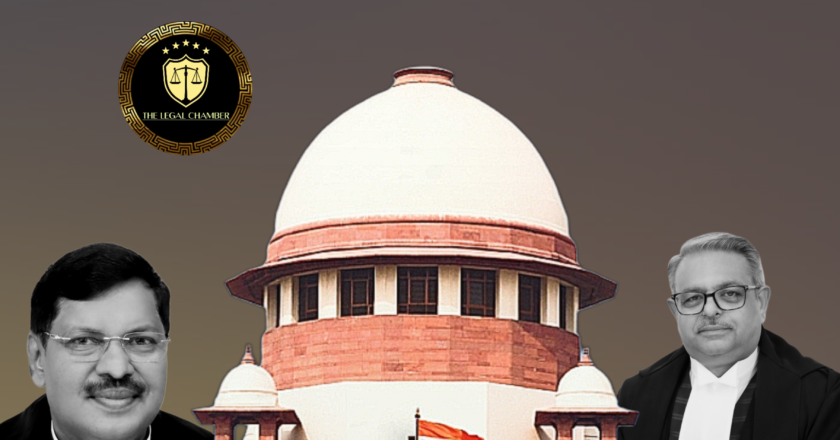Supreme Court: Delayed Payment Not Always Contempt, But Bank Must Pay for Protracted Litigation
The Supreme Court declined to initiate contempt proceedings, finding the delayed payment of dues, while a violation, was not wilful. It reinforced that contempt jurisdiction cannot be used to adjudicate new claims like pension, which were not part of the original decree. The Court, however, awarded compensatory costs for the protracted litigation.
Facts Of The Case:
A.K. Jayaprakash, a manager at Nedungadi Bank Ltd., was dismissed from service in 1985 on grounds of alleged irregularities in sanctioning loans and delays in reporting. He challenged this dismissal under the Tamil Nadu Shops and Establishment Act, 1947. The Deputy Commissioner of Labour initially set aside the dismissal and ordered his reinstatement. This decision was repeatedly challenged by the Bank, first in the Madras Hi...

